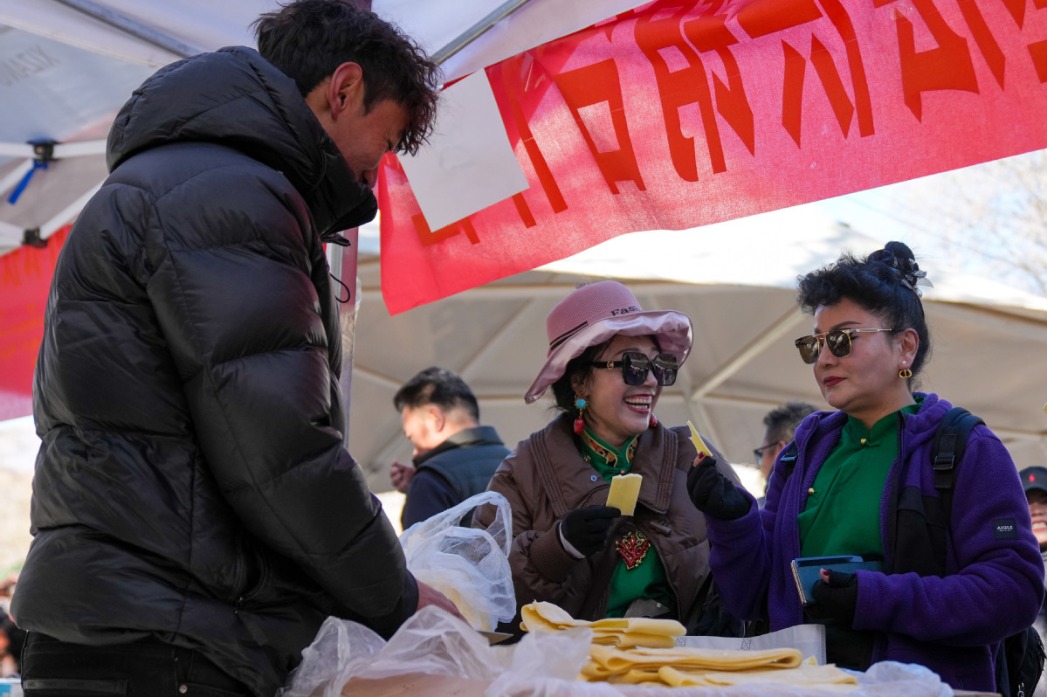Study links antisocial behaviors in children to parenting

CHICAGO, Oct. 11 - Less parental warmth and more harshness in the home environment affect how aggressive children become and whether they lack empathy and a moral compass, a study shows.
Researchers at the University of Michigan (UM), University of Pennsylvania and Michigan State University studied 227 pairs of identical twins.
They analyzed small differences in the parenting that each twin experienced to determine whether these differences predict the likelihood of antisocial behaviors emerging.
They found that the twin who experienced stricter or harsher treatment and less emotional warmth from parents had a greater chance of showing aggression and a lack of empathy and moral compass, a set of characteristics known as callous-unemotional (CU) traits.
Parents of the twins completed a 50-item questionnaire about the home environment. They also established their harshness and warmth levels by rating 24 statements such as "I often lose my temper with my child" and "My child knows I love him/her."
The researchers assessed child behavior by asking the mother to report on 35 traits related to aggression and CU traits.
"The study convincingly shows that parenting, and not just genes, contributes to the development of risky callous-unemotional traits," said Luke Hyde, UM associate professor of psychology. "Because identical twins have the same DNA, we can be more sure that the differences in parenting the twins received affects the development of these traits."
A potential next step is to turn these findings into useable interventions for families trying to prevent a child from developing such traits or to improve troubling behaviors that have already begun.
Though an intervention with parents could succeed, the researchers stress that the work isn't blaming parents for their child's CU or aggressive behaviors. "Our previous work with adopted children also showed that genes do matter, and so there is a back and forth," Hyde said. "Some children may be more difficult to parent. The most important message is that treatments that work with parents likely can help, even for the most at-risk children."
The study has been published in the Journal of the American Academy of Child and Adolescent Psychiatry.
- Photographer captures wild mandarin ducks in Guizhou
- Infrared cameras and drones record Tarim red deer in Xinjiang
- Beijing issues alerts for snowstorms and road icing
- Beijing district recovers nearly 100 million yuan in scam losses
- China's immigration hotline adds French language support
- Zootopia 2 fans fuel hazardous trend in online snake purchases




































